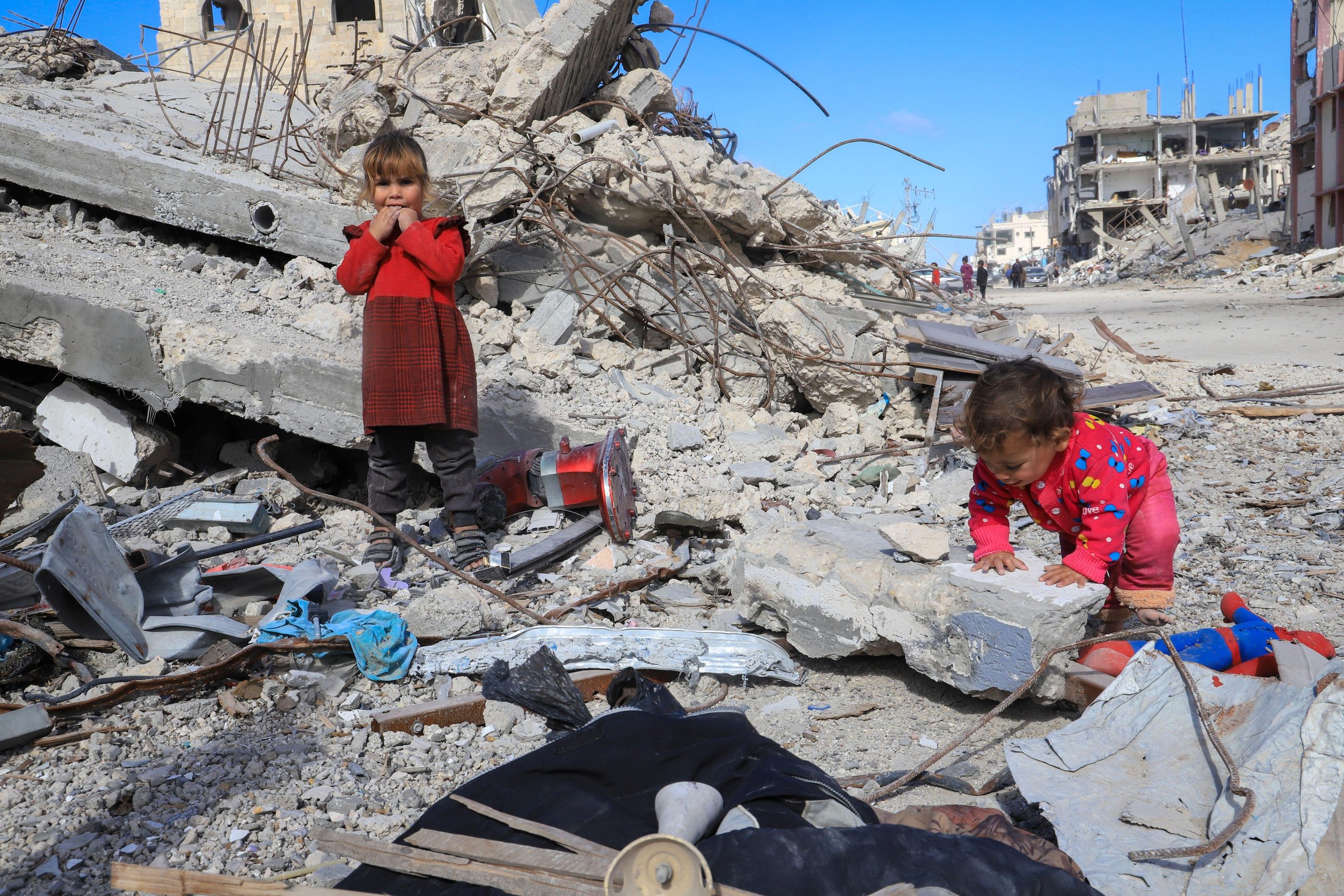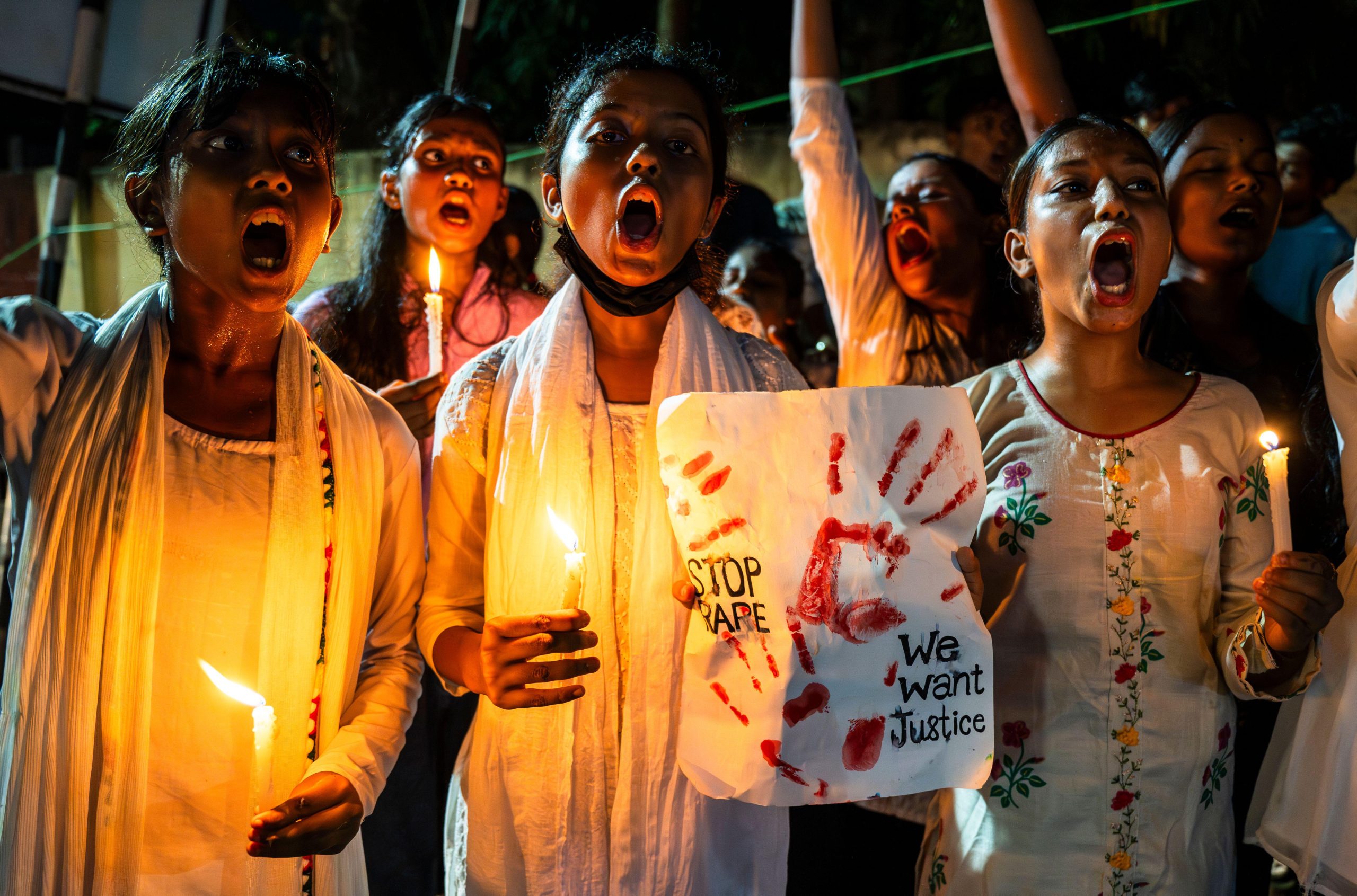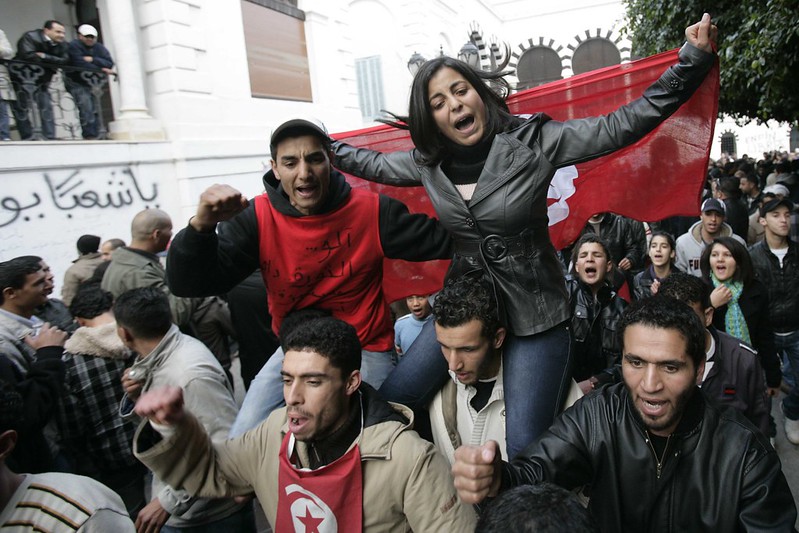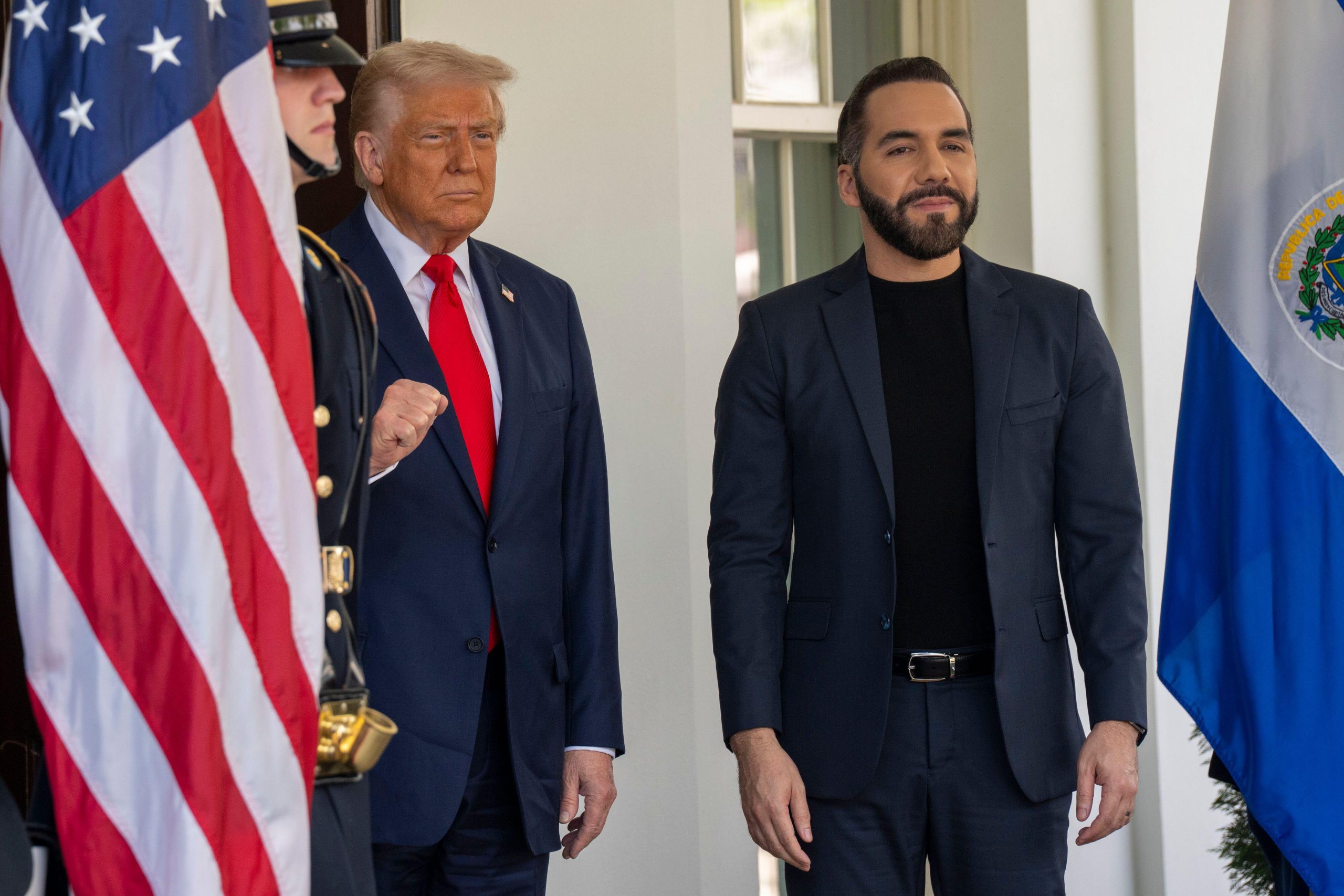 Attacks on human rights representatives at the UN Human Rights Council are part of a campaign to undermine freedom of expression, says Roy W Brown
Attacks on human rights representatives at the UN Human Rights Council are part of a campaign to undermine freedom of expression, says Roy W Brown
Efforts of the Organisation of the Islamic Conference (OIC), representing the 57 Islamic states, to undermine freedom of expression in the UN intensified last week with personal attacks on the independence of the UN expert on freedom of opinion and expression.
The UK’s ambassador at the UN, Peter Gooderham, speaking in the debate at the Human Rights Council in Geneva on 4 June, said “freedom of expression is essential to effectively tackle discrimination, corruption, to promote freedom of religion and the right to education”. In those words he summed up the reasons why this freedom has become anathema to the Islamic states, and for their massive campaign to overturn this right within the United Nations system.
From their successful undermining of the mandate of the UN independent expert on freedom of expression in March last year, and the passage of resolutions “combating defamation of religion” in successive years in both the Human Rights Council and the UN General Assembly, to their successful labelling of the ill-defined term “Islamophobia” as racism, they are winning the battle to silence all criticism of Islam, and any criticism of abuses of human rights by the Islamic states and their allies.
Last week they turned their attention to two senior UN officials: Frank La Rue, the UN Special Rapporteur on the right to freedom of opinion and expression, and the High Commissioner for Human Rights herself, the South African human rights lawyer Navi Pillay. The attack on La Rue was unprecedented, but not unexpected.
During the debate on La Rue’s report to the Council on 3 June, he was told that “he lacked competence” to advise the Human Rights Council on its work and he had “exceeded his mandate” in attempting to do so. Having won the first round over the change to his mandate last year, the OIC now wanted its pound of flesh.
“We advise the Special Rapporteur to henceforth strictly adhere to his mandate and the code of conduct. The OIC will continue to closely monitor his performance and will take the appropriate course of action in case of any further deviation,” Pakistan warned.
“He receives his instructions from the Council, not the reverse…there are steps that I hope we shall not find ourselves obliged to act upon in the future,” growled Egypt.
Indonesia chimed in with the complaint that “his recommendations were based on opinions rather than facts”. There is something profoundly Orwellian in the idea that the UN expert on the right to freedom of opinion and expression should be threatened for expressing an opinion. “We don’t want to invoke the president’s ruling [on how to terminate his mandate], but…” warned the Indonesians.
What had this respected lawyer done to incur such anger? In his report to the council he had failed to give priority to reporting on “abuses” of the right to freedom of expression (read: expressions of Islamophobia), the hot new requirement in his mandate forced through by the OIC in 2008. He had instead begun his three-year term by reporting on serious violations of freedom of expression: the 60 journalists murdered in 2008, and the 929 reported attacks on media professionals. He also addressed the links between extreme poverty, access to information and freedom of opinion and expression. In other words, he had been doing his job.
The challenge to La Rue did not go unanswered. The United States, Canada, the UK, Sweden, the Netherlands and several non-governmental organisations weighed in, pointing out that, according to the code of conduct, it was for the mandate holder alone to decide how to carry out his mandate; his independence must be respected. But the voices of reason are now in a minority at the Human Rights Council.
All week there had been a mood of triumphalism in Geneva as Sri Lanka gloated over its success the previous week. Thanks to support from the OIC and its allies — Russia, China and India — a special session of the council had let Sri Lanka off the hook. There are chilling parallels here with successful efforts by the Chinese to stifle criticism of their actions in Tibet last year. Despite widespread allegations of indiscriminate slaughter of civilians by the Sri Lankan Army, there would be no UN-sponsored inquiry into human rights abuse during the war against the Tamil Tigers. In an interview in Lakbima News, Sri Lanka’s ambassador, Dayan Jayatilleka, gloated: “Stand up for others; they will stand up for you.” In the council on Friday he lambasted France, the UK and others, describing his “contempt” for their continuing calls for an international inquiry.
Then India weighed in with an ad hominem attack on the integrity of the High Commissioner for Human Rights. How dare she call again for an international inquiry into Sri Lanka? She had supported the call for a special session of the council; the special session was held and had concluded that an international inquiry was unnecessary. Why was she defying the will of the council? (Could it be that she is concerned about human rights abuse –– wherever it occurs?)
In her report, the High Commissioner, a UN civil servant whose office is mercifully independent of the council, had referred to a meeting she had attended in Paris to discuss the human rights of gay, lesbian, bisexual and transgendered people. How dare she speak out in favour of human rights for homosexuals when the council has no agreed policy on homosexuality, asked Pakistan. (Could she possibly believe that all human beings are entitled to human rights?)
What is at stake here is more than limits on freedom of expression. What we are seeing is a direct challenge to the ability of the Human Rights Council and other UN human rights mechanisms to deal effectively with human rights abuse. When freedom to collect information and express opinions is restricted, then the ability to expose corruption, discrimination and human rights abuse is fatally weakened. Could this possibly be the real objective of the Islamic states and its allies?
At the end of the debate on the High Commissioner’s report, John Fisher of the Canadian HIV/Legal Network asked whether the time had come to revive the idea of a code of conduct for member states.
Sorry, John, it’s far too late.
Roy W Brown is the International Humanist and Ethical Union’s main representative at the UN in Geneva
Read Miklos Haraszti’s report on the rise of ‘religious defamation’ exclusively here





